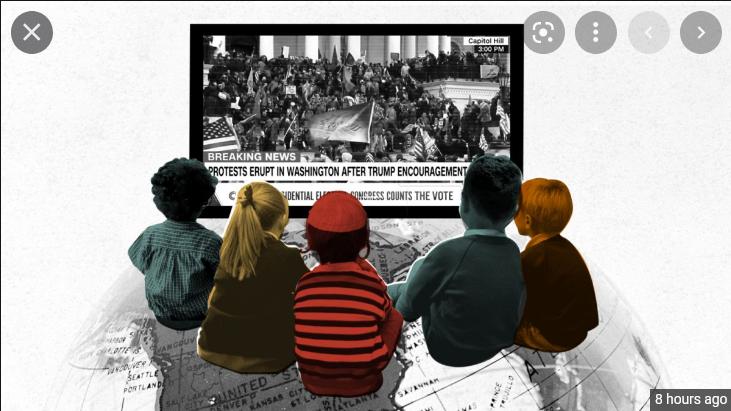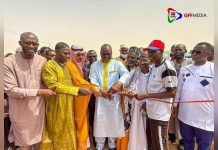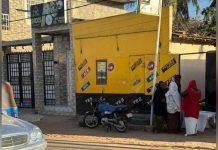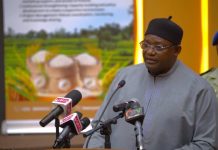Africa-Press – Gambia. Opinion by Fatou Jaw Manneh When I was a child in Gambia, my brother Pa Ousman and I would talk about what we’d do when we grew up. Our answer was always the same: we would go to America, the land of opportunity.
We lived in a rural village about an hour’s drive from Banjul, the capital, and had limited access to many educational opportunities. The few we did have gave us an advantage over our parents, who could not read or write — or even speak English. While our father was deeply suspicious of traditional schooling — calling it a construct of the White man — our mother quietly supported our efforts to get educated and broaden our horizons.
But even as we learned in primary and high school, we knew we were still disadvantaged. We did not have access to college or university-level education, and good-paying jobs were scarce. The best positions went to those most connected to the men already in power.
In contrast, America was a symbol of progress and mobility. And American pop culture only reinforced our idealized notion of the US. Gambians all listened to American music — be it Whitney Houston, Janet Jackson or Mariah Carey — and we followed American fashion trends closely. We knew the names of most American actors and routinely argue over our favorites. Sylvester Stallone and Chuck Norris remain two of the most popular.
Based on the American media personalities we came to know, we thought of Americans as some of the most empowered people on earth. If they willed it, they could reach any educational or professional heights.
America also looked massive and diverse. Each state seemed like its own country — and yet American democracy appeared to somehow hold all of them together. We did not care about Democrats or Republicans or their political squabbles — we only cared that American democracy seemed to bring peace, wealth and independence. And, more to the point, we believed that wherever there was trouble in the world, America would take the lead in addressing it.
While our impression of America led my brother and I to dream of moving there, it also led us to imagine a better future for Gambia. I did not yet know the fragility of America’s own democracy. But I did know that it was better than what was passing as freedom in my country, and I hoped we could replicate the model.
After Gambia became a republic in 1970, Sir Dawda Jawara took over as the president — but with no apparent intention of ever stepping down. Though our country experienced some freedom under Jawara, it was also plagued by corruption and high rates of poverty.
I knew we did not have to live this way. America proved that citizens can play a role in choosing their own destiny, and so I started writing as an activist and then as a journalist — demanding more of our government in each column I filed.
I continued to write for Gambian newspapers, when, in 1992, I left for the US to join my husband who was finishing his schooling in Kentucky. Two years later, while I was still in America, Jawara was overthrown in a coup and Yahya Jammeh, a military official, replaced him.
For More News And Analysis About Gambia Follow Africa-Press






